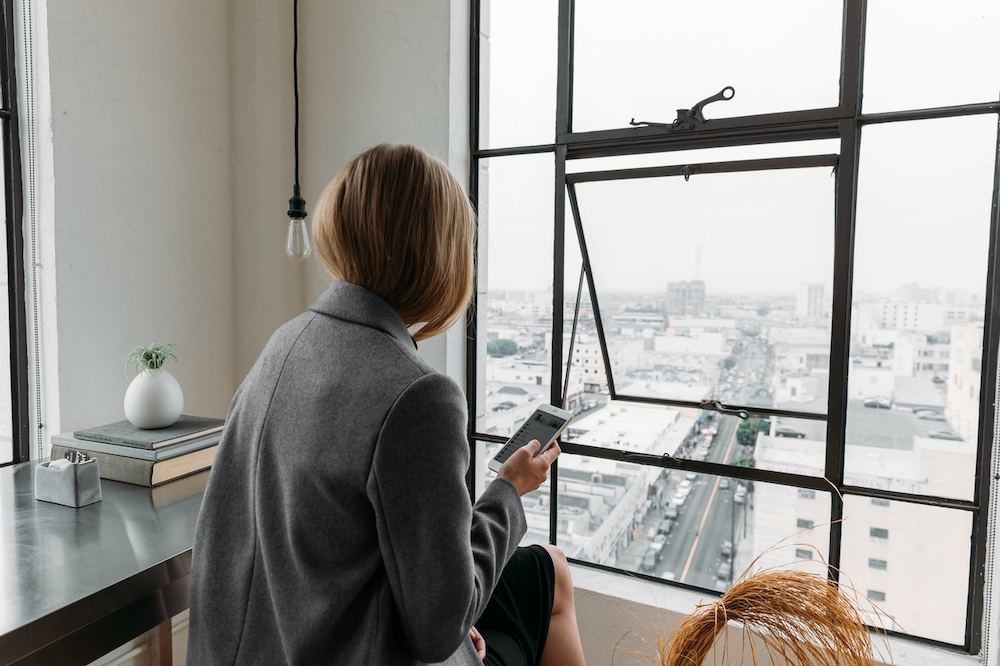
Drinking the kool-aid
Instagram cast a spell on me, and try as I might, I felt defenseless against its alluring siren song. I didn’t like the way I found myself opening up the app and endlessly scrolling through the highlight reels of everyone else’s lives whenever I was bored or in need of a distraction. And I felt embarrassed by the nagging insecurity I experienced whenever I posted something and it flopped, barely managing to garner any likes. Sometimes I felt like I was back in high school again, striving (and failing) to be one of the cool kids. When I look back, I cringe at the amount of time I invested in attempting to ‘master’ the app. And why? Because every business coach, girl boss and podcast guru says you must market yourself on Instagram in order to succeed.
So for years I drank the kool-aid even though it felt awkward and uncomfortable, like fitting a square peg in a round hole. Even though Instagram made me feel depleted, like I had to be ‘on’ all the time, still I soldiered on. I read everything I could find about increasing engagement and growing a following (I mean, ‘building a community’). I even tried various tricks and strategies to feel better about using it.
One of my favorites was the method I learned from The Cosmic Lifestyle Podcast. Claire talks about creating an energetic decoy of yourself to send out into the ether to handle your Instagram. This decoy looks, talks and walks like me, but she isn’t inside my energetic field. She is shiny, magnetic and wildly successful. The decoy has her own energetic anchor and core and I’m the boss of it. All of the Instagram energy is absorbed by the decoy. Real Avalon is going to close the blinds and be very private while decoy Avalon is out there dealing with the social media traffic. I would also affirm, “Social media can’t take anything from me” and enforce a strict I can only check my phone every 2 hours policy.
We are never ever getting back together
And while these techniques worked, temporarily at least, they didn’t solve the problem. Ultimately, I was disturbed by the strange power that Instagram seemed to have over me. It didn’t resonate with me anymore and I knew intuitively that my business could succeed without it. My own I Am energy and faith in the Universe’s unlimited abundance would draw the right people into my field. It was time to plug this power leak and escape from its thrall once and for all. I was ready for a (messy) breakup.
Let me be clear, I’m not some anti-technology Luddite who believes Instagram is the devil. I made several good friends, had plenty of eureka moments and gained several new blog readers all thanks to the platform. However, for me personally, Instagram did more harm than good. I didn’t like the way it made me feel burnt out, exposed and vulnerable. I was also deeply bothered by the inherently performative nature of the app which labeled your friends ‘followers’ (voyeurs?) and encouraged you to increase your ‘likes’ and ‘following.’ The verbiage makes it sound like a grow-your-own-cult starter kit. You are a sovereign being and you have the right to choose what’s right for you. But make sure you are armed with all the facts first…
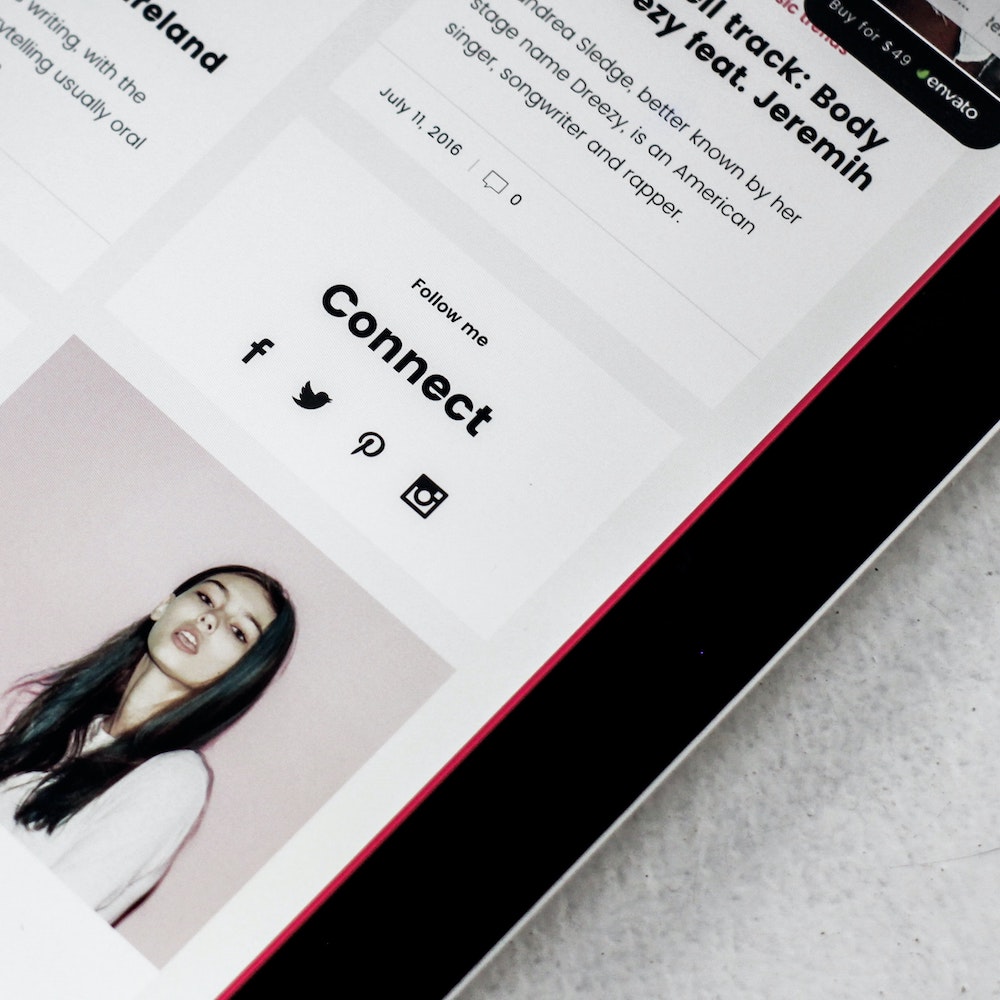
A bouquet of red flags
I think the last straw for me was the worrisome new terms of use that all users must agree to by December 21st (the day of the winter solstice and Jupiter-Saturn conjunction, interestingly enough). When I dug a little further I became concerned by the bouquet of red flags that made my skin prickle with unease.
Using Instagram means that you’re consenting to…
- Instagram’s use of AI and facial recognition software
- the storage and transfer of your personal data around the world including outside your country of residence
- license for Instagram to host, use, distribute, modify, copy, publicly display and create derivative works of your content
- permission to obtain information about other devices that are on your network, your mouse movements, GPS location, camera, microphone, photos, where you live and the places you like to go
- permission to sell information about you to advertisers
- permission to use information they collect about you to develop, test and improve their products as well as sharing your information with ‘research partners’ to conduct research that enhances ‘scholarship and innovation’ (could they be more vague?)
- permission to share information about you with the government (law enforcement) and in the event of ‘legal inquiries’
I don’t know about you, but that is not okay with me.
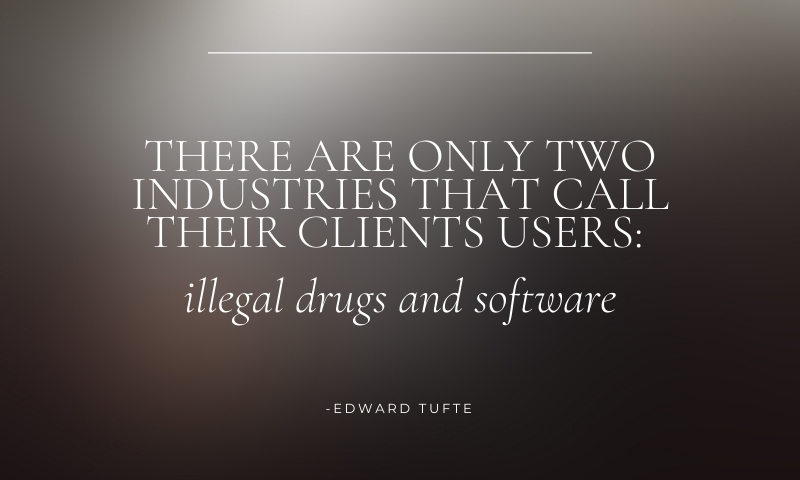
Instagram is just the tip of the iceberg
If that isn’t compelling enough, I highly recommend (no, implore you) to watch The Social Dilemma on Netflix. It is a deeply disturbing wake up call about the unchecked power of social media. The truth is, Instagram is merely part of a much bigger problem. Social media may have been created as a force for good, but it has since taken on a life of its own. Can’t seem to stop checking your socials or stay off your phone? That’s no accident. Social media and Gmail were designed using the principles of persuasion psychology to be as addictive as possible. Ask yourself… why is social media free? Spoiler alert: it’s not. You are the product and advertisers pay Instagram the big bucks for your undivided attention.
Artificial intelligence is not some ominous daydream that will materialize in the distant future. It’s alive and well and it possesses brilliant machine learning capabilities that are working tirelessly to manipulate your behavior via social media. Instagram (and others) know your interests, where you live, what accounts you like, your political beliefs, how many seconds you spend looking at an image, your birthday and who you’re talking to. And they’re using and storing massive amounts of your data. They want you spending countless hours on their platforms, and they’re manipulating you to keep you coming back for more. The end game? Lining their pockets with more $$$ at the expense of your time and attention.
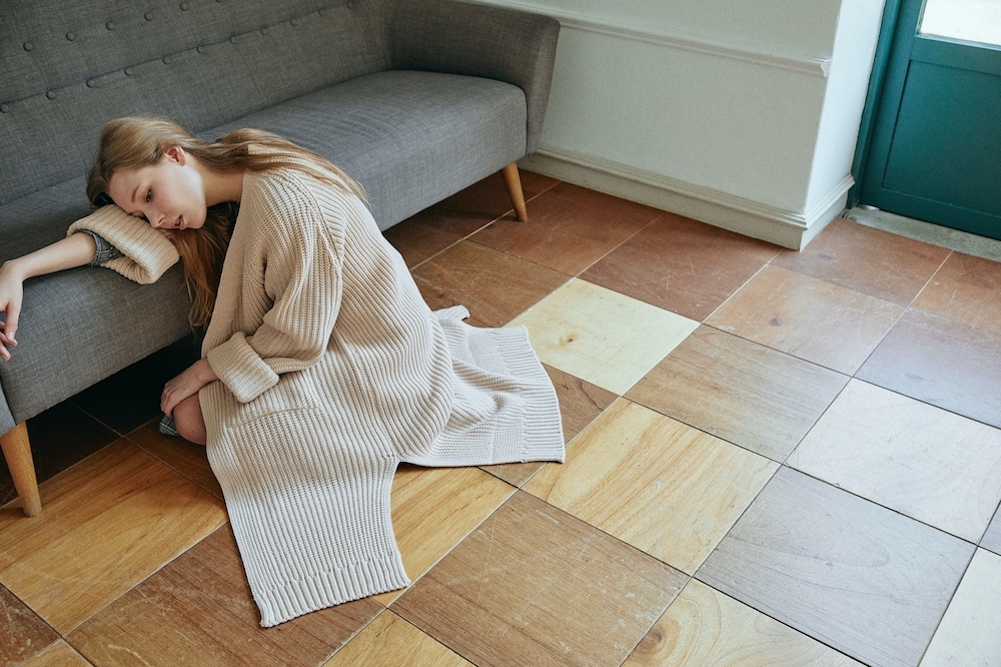
Social media is a threat to your mental health
Still not convinced? Social media has an insidious effect on your mental health. We’re more connected than ever before, so why do we feel so alone? Consider this harrowing statistic before allowing your children to participate in social networks. Prior to 2007, the suicide rate amongst 10-24 year old’s in the U.S. was mostly stable. And then, something alarming happened. The suicide rate jumped a whopping 57% between 2008 and 2018. What’s the common denominator here? The invention of the Instagram mobile app in 2008.
Seeing as the average teen spends more than 7 hours a day on social media, this is a very concerning statistic. It’s also worth noting that the inventors of the various social media platforms don’t let their own children use them. Do as I say, not as I do. Combine all of this with social media’s ability to reduce human empathy (by only exposing people to viewpoints that expressly match their own) and I’d say we have a pretty big problem on our hands.
A call to action
What can we do about all of this? First, we must demand social media oversight. Big tech needs to start adhering to ethical guidelines. The law has an unfortunate tendency to be several steps behind technological advancement and this is exceptionally glaring at the moment. For now, I think it’s important to raise awareness for this issue and lead by example. If we refuse to comply with their manipulative tactics and surveillance capitalism it will have a ripple effect on the collective and these companies will be forced to change their ways.
I want to belong to a society where we can look each other in the eye and say, ‘hello’ instead of being glued to our scintillating black mirrors. Where we are embodied and in touch with our emotions instead of anesthetizing ourself with distractions. Our lives are easier and more convenient than ever before, but at the cost of compassion and authentic connection.
Sources:
Orlowski, Jeff, director. The Social Dilemma . Exposure Labs, 2020.
Pearson, Catherine. “National Youth Suicide Rates Continue To Climb.” HuffPost, HuffPost, 11 Sept. 2020, www.huffpost.com/entry/national-youth-suicide-rates-continue-to-climb_l_5f5ac9fbc5b62874bc1a9e93?guccounter=1.
Rogers, Kristen. “US Teens Use Screens More than Seven Hours a Day on Average.” CNN, Cable News Network, 29 Oct. 2019, www.cnn.com/2019/10/29/health/common-sense-kids-media-use-report-wellness/index.html.



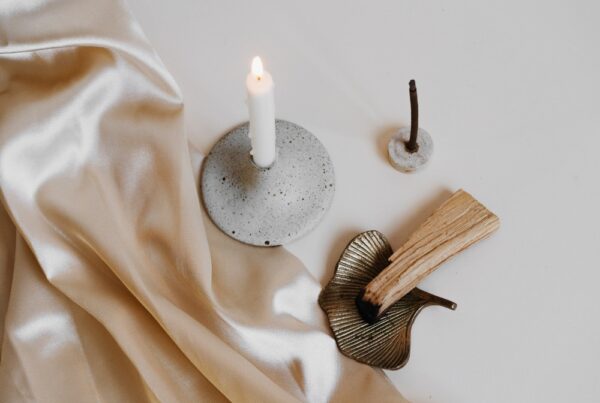


I honor and love you for this sister! <3
Thank you Sylvia! 😀 <3